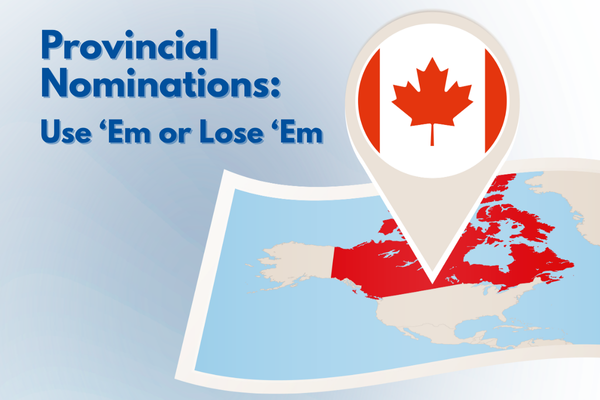Canada is a popular destination for people from all over the world, whether they are seeking work, education, or just visiting. Regardless of your reason for coming to Canada, having enough funds to support yourself is crucial. This blog will explain why financial stability is important for foreign workers, students, and visitors, and provide some tips on how to ensure you have enough money for a smooth stay in Canada.
Cost of Living in Canada
The cost of living in Canada can vary greatly depending on the city or province you choose to live in. Major cities like Toronto, Vancouver, and Montreal are significantly more expensive than smaller towns and rural areas, with rent often being three times more expensive in large cities. Here are some key expenses to consider:
- Housing: Rent or mortgage payments are typically the biggest expense. In big cities, renting a one-bedroom apartment can cost between CAD 1,200 to CAD 2,500 per month.
- Utilities: This includes electricity, heating, cooling, water, and garbage. Expect to pay around CAD 150 to CAD 200 per month.
- Food: Groceries for one person can cost around CAD 200 to CAD 300 per month. Eating out can quickly add to your expenses.
- Transportation: Public transport is an option in many cities, costing about CAD 100 to CAD 150 per month. If you plan to own a car, consider additional costs for insurance, fuel, and maintenance. Keep in mind that smaller cities and towns may not have effective public transportation, and owning a car may be more practical.
- Healthcare: While Canada has a public healthcare system, some services may not be covered. Private health insurance can help cover these extra costs. Employers may contribute to your health costs.
Financial Requirements for Different Categories
Foreign Workers
When you come to Canada as a foreign worker, it's important to have enough funds to cover your initial expenses until you receive your first paycheck. This includes housing, food, transportation, and other daily expenses. Additionally, you may need to pay for work permits and other related fees. Employers might not always provide financial assistance upfront, so being prepared is key.
International Students
International students must show they have enough funds to cover tuition fees and living expenses for themselves and any accompanying family members. This requirement ensures that students can focus on their studies without financial stress. Besides tuition, students should budget for textbooks, school supplies, and other educational costs.
Visitors
Visitors to Canada need to demonstrate that they have enough money to cover their stay, including accommodation, transportation, and other daily expenses. This is particularly important for long-term visitors who plan to stay for several months. Having sufficient funds ensures you can enjoy your visit without worrying about running out of money.
Benefits of Having Sufficient Funds
Having enough funds offers several benefits for foreign workers, students, and visitors:
- Peace of Mind: Knowing you have enough money to cover your expenses allows you to focus on your purpose for being in Canada, whether it's working, studying, or exploring.
- Better Living Standards: Adequate funds mean you can afford better housing, food, and healthcare, contributing to a higher quality of life.
- Flexibility: With enough money, you have the flexibility to explore different cities, job opportunities, and educational options without immediate financial pressure.
- Emergency Preparedness: Unexpected expenses can arise at any time. Having a financial cushion helps you handle emergencies without added stress.
- Meeting Your Goals: Many people come to Canada with the expectation of sharing earnings with family members. Being aware of cost of living empowers you to meet your goals.
Tips for Financial Planning
Here are some practical tips to help you plan your finances before moving to Canada:
- Create a Budget: Estimate your monthly expenses based on the city you plan to live in. Include housing, utilities, food, transportation, and other essentials.
- Save in Advance: Start saving as early as possible. Having a financial cushion will make your transition smoother.
- Research Job Opportunities: Look for job opportunities in your field before you move. Having a job lined up can significantly ease financial stress.
- Understand the Currency: Familiarize yourself with the Canadian dollar (CAD) and its value compared to your home currency. This will help you better manage your finances.
- Consider Financial Assistance: Explore scholarships, grants, or financial aid if you are a student. For workers, some employers offer housing assistance.
Staying in Canada as a foreign worker, student, or visitor is a rewarding experience, but being financially prepared is essential. By understanding the cost of living, meeting financial requirements, and planning your finances carefully, you can ensure a stable and enjoyable stay in Canada. Remember, having enough funds is not just about meeting immigration rules; it’s about securing your future and making the most of your time in this beautiful country.
Ready to take the next step towards your Canadian dream? Visit
immigrate.biz today and connect with our best-in-class immigration experts. We'll help you navigate the financial requirements and make your journey to Canada smooth and successful. Let’s make your Canadian dream a reality!

